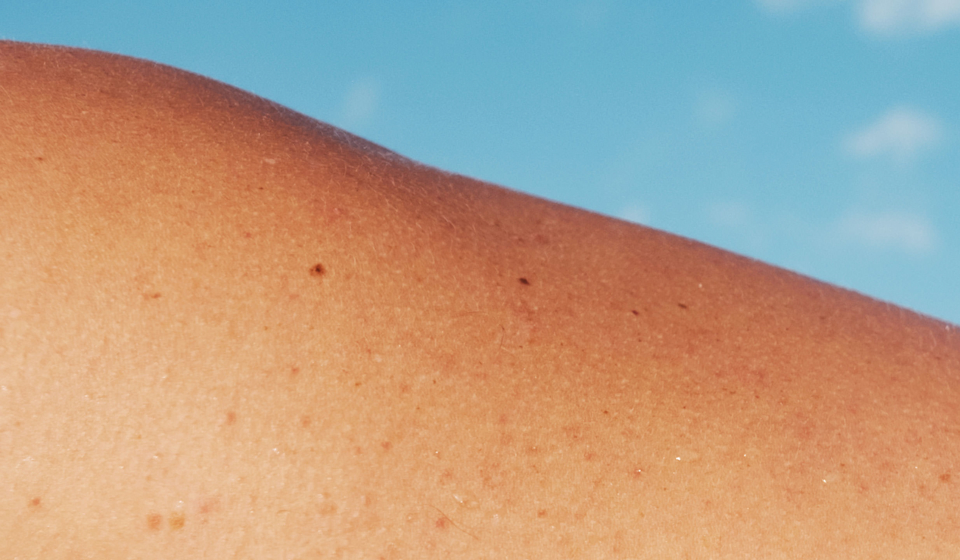Essential Takeaways
• Vitamin D does a lot of work in the body: it helps out with bone support, muscle function, and normal immune function.*
• Unfortunately, many Americans struggle to meet their daily vitamin D recommendations through diet or even sunlight alone. For those that may need more, here are some of our favorite tips on how to get vitamin D.*
Vitamin D’s sunny reputation is well-deserved, and not just because logging time outside can be a great way to boost those vitamin D levels. Vitamin D also plays a role in supporting normal immune function and muscle function. It’s also a pretty great team player when it comes to bone health: vitamin D helps to assist the absorption of calcium, and works to help out with the maintenance of our bones.*
The only downside to this important nutrient? It can be really tricky for many of us to get enough vitamin D. That’s because a lot of factors can get in the way of us meeting our needs, everything from SPF and general lack of sun exposure to where we choose to live.*
That said, knowing the factors that might contribute to low vitamin D levels is a great first step towards understanding needs and ultimately getting vitamin D levels to a good place. (Spoiler: for most of us, finding a great vitamin D supplement or better yet, a multivitamin with vitamin D is the way to go.) Keep reading for some common reasons or signs that you might not be getting the right amount of vitamin D—and learn the best way to get the sunshine vitamin.*











